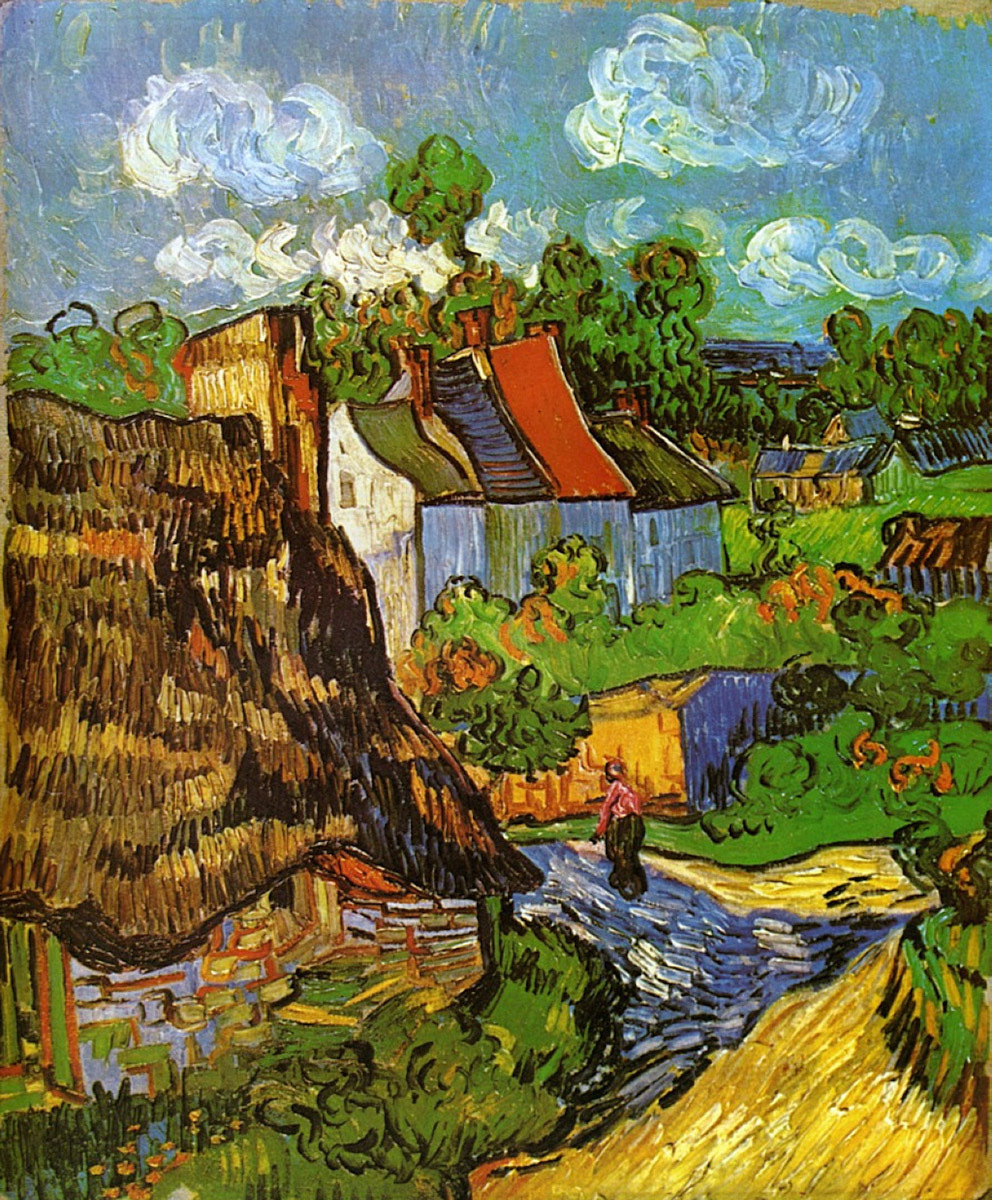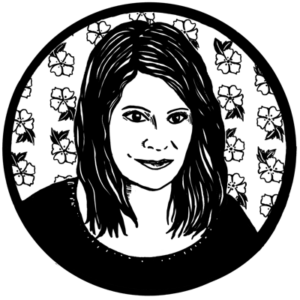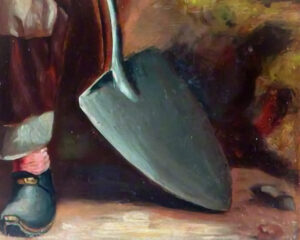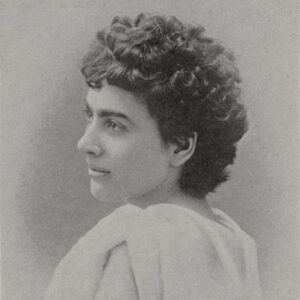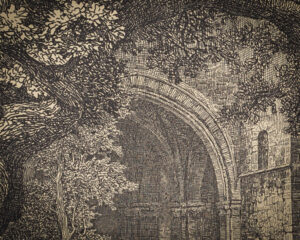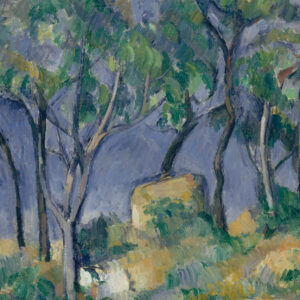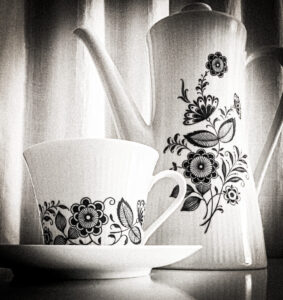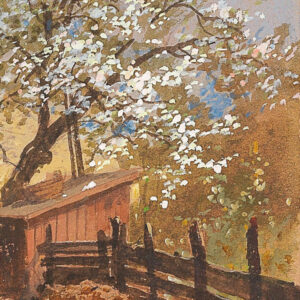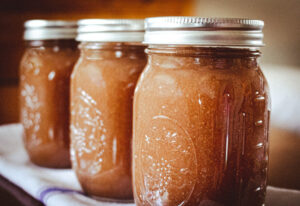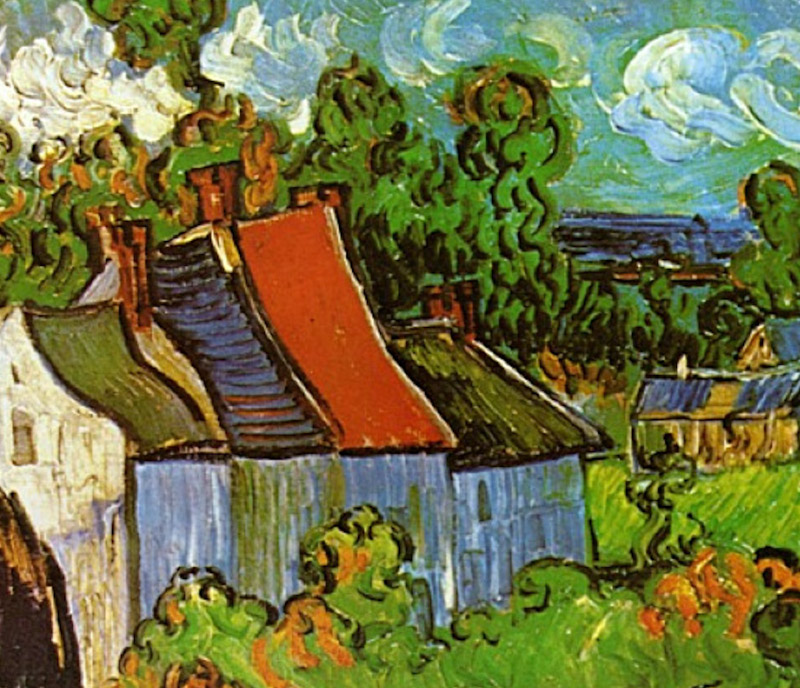
The Commune

Mrs. Gina Loehr
I love watching my children walk down the road to visit the neighbors. They buddy up, big ones holding hands with little ones, laughing and talking along the quarter mile trek past the heifer barn, their recently groomed hair now blowing free in the country breeze. I sometimes wonder what our life would have looked like if we didn’t live next door to Joe’s family, but I can’t imagine it looking much better than this.
There are only two houses on the road besides ours. One of them is home to a couple that raised their kids here at the same time that Joe was growing up. The other is the farmhouse-turned-duplex that hosts my mother-in-law, my sister-in-law, and my brother-in-law with his wife and two kids. A mile to the west, another brother-in-law lives with his wife and family. Take a turn to the south and go another mile and a half and you’ll find my sister-in-law and her husband, now empty nesters who raised three kids in that house they built on what was once their uncle’s corn field. Joe’s other six siblings all live between ten and seventy-five minutes away.
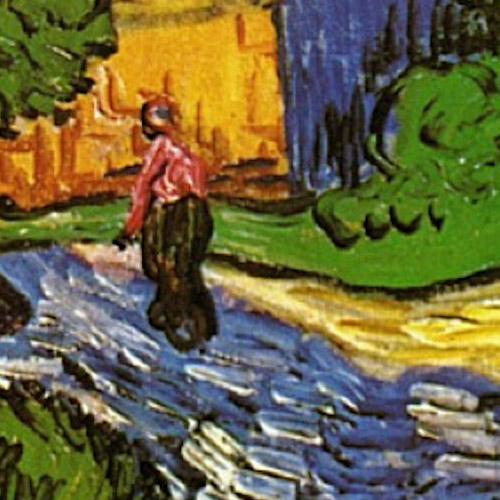 They didn’t always stay so close. The youngest spent two years in Japan. Number four moved to Cali for a spell. Number seven lived in Iowa until she had kids. A few others moved away from the farm, but everybody eventually came back within arm’s reach. And all eleven of them still consider the farm home. Nobody calls ahead, nobody even knocks. They just show up and walk in, usually making a beeline for the cookie jar. I haven’t met every family on the planet, but I have met enough families to know that there’s something special here. This place, this homestead, remains significant to the people who were raised on its soil. The desire to stay connected, not just via text messages and video chats, is tangible amongst the Loehrs. Nobody wants to be too far away from this place that holds so many memories and so much meaning or from these people with whom they have shared those memories.
They didn’t always stay so close. The youngest spent two years in Japan. Number four moved to Cali for a spell. Number seven lived in Iowa until she had kids. A few others moved away from the farm, but everybody eventually came back within arm’s reach. And all eleven of them still consider the farm home. Nobody calls ahead, nobody even knocks. They just show up and walk in, usually making a beeline for the cookie jar. I haven’t met every family on the planet, but I have met enough families to know that there’s something special here. This place, this homestead, remains significant to the people who were raised on its soil. The desire to stay connected, not just via text messages and video chats, is tangible amongst the Loehrs. Nobody wants to be too far away from this place that holds so many memories and so much meaning or from these people with whom they have shared those memories.
Nobody wants to be too far away from this place that holds so many memories and so much meaning or from these people with whom they have shared those memories.
My husband and I are among the lucky ones who actually get to continue living on the farm. I don’t have to pack my kids in a car and drive them over here once or twice a week to stay connected to this place and these people, I just tell them to put on shoes and send them out the door. I know they are safe, I know they are loved, and I don’t know what I’d have done as a mother with six kids ages eight and under if I hadn’t had this ever present community of family support built into our life.
Yes, there’s the babysitting help. But there’s also the companionship during long winter evenings and the sharing of produce from the garden in the summer. There’s the borrowing of a vehicle when something goes awry. There’s the planting of flowers with auntie, and the running in the sprinkler with the cousins. There’s watching the uncles drive by on tractors and learning how to pitch a softball from the cousin who plays in college and just popped in to visit Grandma. There’s turkey hunting with one uncle and air hockey tournaments with another. There are card games with the older cousins and peek-a-boo with the younger ones.
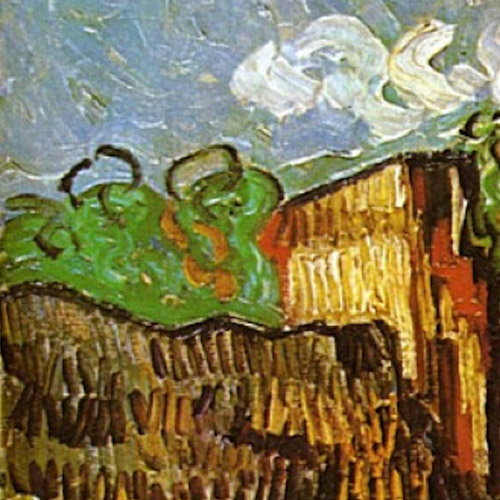 But even more than all this, there’s the sense that we are part of something bigger than ourselves. We belong to a community of people who know us and love us. This neighborhood we live in is not a commune, but it does possess an air of intentional relationality. We choose to share a common life with these particular people – to commune with them on a daily basis – instead of distancing ourselves and occasionally crossing paths at scheduled junctures. We all enjoy the benefits of that mutual commitment.
But even more than all this, there’s the sense that we are part of something bigger than ourselves. We belong to a community of people who know us and love us. This neighborhood we live in is not a commune, but it does possess an air of intentional relationality. We choose to share a common life with these particular people – to commune with them on a daily basis – instead of distancing ourselves and occasionally crossing paths at scheduled junctures. We all enjoy the benefits of that mutual commitment.
I wasn’t always so sure about this arrangement. When I first married Joe and moved to the farm, I was nervous. “Who wants to live next door to their in-laws?” I had somehow been programmed to wonder. If it hadn’t been a non-negotiable element of marrying this dairy farmer, I would never have even given it a chance. I would have assumed that living so close was a bad idea.
Being on the lookout for conflict colored my perceptions in the beginning. I spent the first few years of my marriage assuming I was being judged every time my father-in-law rumbled up on the lawn tractor and saw me not pulling weeds, or my mother-in-law appeared on the lawn with a bucket of tulip bulbs and found me reading a novel on the back deck instead of doing something physically productive.
But soon enough I realized that they didn’t care what I was or wasn’t doing, they just wanted to help out by mowing the lawn and planting flowers. Eventually I learned to smile and say thanks instead of guiltily jumping out of my seat and reading judgement into their every motion. This life is good; I needed to learn to recognize that instead of approaching it with blind, pre-programmed skepticism.
This life is good; I needed to learn to recognize that instead of approaching it with blind, pre-programmed skepticism.
I’m sure that for some – possibly many – situations, living in this kind of a family cluster wouldn’t work so well. But for others, it can and does. I believe we sell ourselves short when we expect that every nuclear family should uproot, establish a home from scratch, and define itself by a separation from the extended family. It is like reinventing the wheel with each successive generation — certainly not the most efficient way to live life.
We don’t all have the opportunity to consciously shape our living situations along family lines. But for those who enjoy the freedom to form a community with intentionality, and are contemplating taking the plunge, it’s a lifestyle that I highly recommend and a domestic choice that I, for one, am certain I will never regret.
